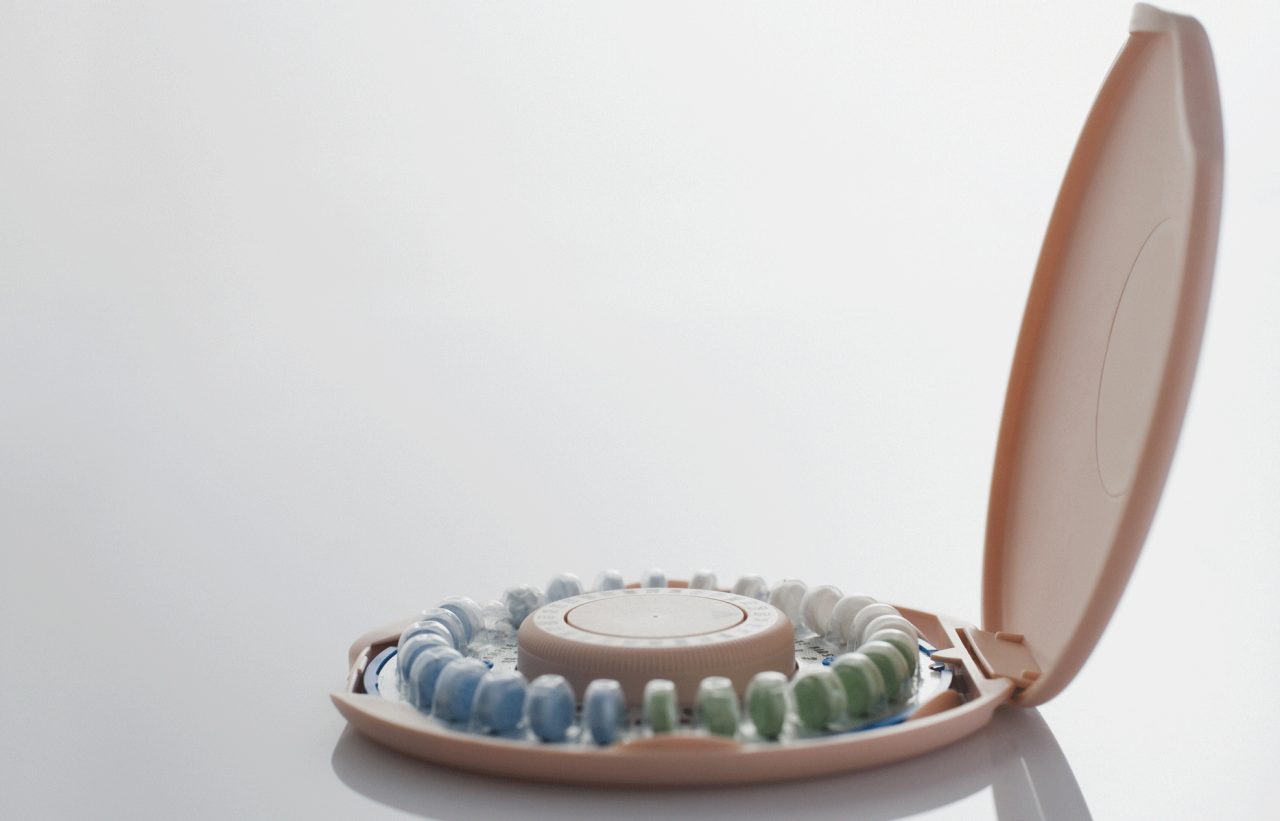Birth Control Side Effects

Here's everything you need to know about birth control side effects. Remember that for more than 50 years, millions of women have used the pill safely.
Like any medication, the birth control pill — often just called “the pill” — isn’t safe for every woman, though most of those who use it don’t have problems. There are two kinds: one that contains both estrogen and progestin and progestin-only mini pills.
YOU MIGHT ALSO LIKE: Rethink Your Form of Birth Control
Birth control side effects
Many women use the pill without experiencing problems. Common side effects include changes in your level of sexual desire, spotting or bleeding between periods, sore breasts, and nausea or headaches. These side effects typically recede within three months.
When you take a pill that contains both estrogen and progestin, however, you increase your risk of heart attack, stroke, blood clots, and liver tumors, which, very rarely, can lead to death. The big picture is that getting pregnant while taking this pill is more likely to cause serious health problems. The progestin-only mini pills don’t have the same risk.
You may need to steer clear of the combination pills if you’ve ever had blood clots, vein inflammation, breast cancer, heart attack, stroke, angina, or other serious heart problems, migraine headaches with flashing, zigzag lines (an aura), uncontrolled high blood pressure, severe diabetes, or liver disease.
Your doctor will need to know your health history and current medications.
Seek medical care quickly if you experience any of these side effects of birth control: sudden back orjaw pain along with nausea, sweating, or trouble breathing; chest discomfort; an ache in your leg, breathing trouble, or severe pain in your belly or stomach; sudden, severe headache or an unusual headache or an increase in headaches; a migraine aura; or yellowing skin or eyes.
Combination pills may interfere with the amount or quality of your breast milk in the first three weeks after birth, so it’s best to wait that long before taking them after giving birth. Although your breast milk will contain traces of the medication, this is not considered one of the important side effects of birth control. Small traces of hormones won’t hurt your child. Progestin-only pills shouldn’t affect your breast milk.
The pill does not protect you against sexually-transmitted diseases (STDs), and condoms aren’t sure-fire protection against pregnancy. You need to use both a condom and take the pill to be safe against pregnancy and infection.
The pill appears to affect the men women choose for sex. Women are drawn to the body scent of men who have immune systems that are different from their own and give their possible babies more protection. If you are taking the pill, the argument goes, you’ll be more likely to pick men who seem like they’d be cooperative co-parents. They might also have different immune systems, but that effect might be smaller.
If you were taking the pill when you chose your partner, and then stopped in order to get pregnant, you are more likely to find other men become more attractive, one study found.
How does birth control work?
The pill is a pack of pills. You take one a day. The hormones in them stop your body from producing an egg each month. To become pregnant, sperm would have to reach the egg and fertilize it. The pill also makes the mucus around the cervix thicker, blocking sperm from reaching the egg, if you happen to have one.
To get these results, you need to use the pill correctly. If you forget to take your daily pill, lose your pack, or forget to get a refill, you won’t be able to have sexual intercourse without risking pregnancy. If you use a condom, the risk of pregnancy falls significantly, and you’ll also be protected against STDs.
To stay on track, use a reminder app or set an alarm on your phone, and keep your pills near something you use every day like a phone charger when you’re at home, and in your bag when you’re out of the house. Ask your partner to remind you to bring and take your pills if you’re traveling.
YOU MIGHT ALSO LIKE: Our Pregnancy and Childbirth section
Updated:
September 04, 2019
Reviewed By:
Janet O’Dell RN